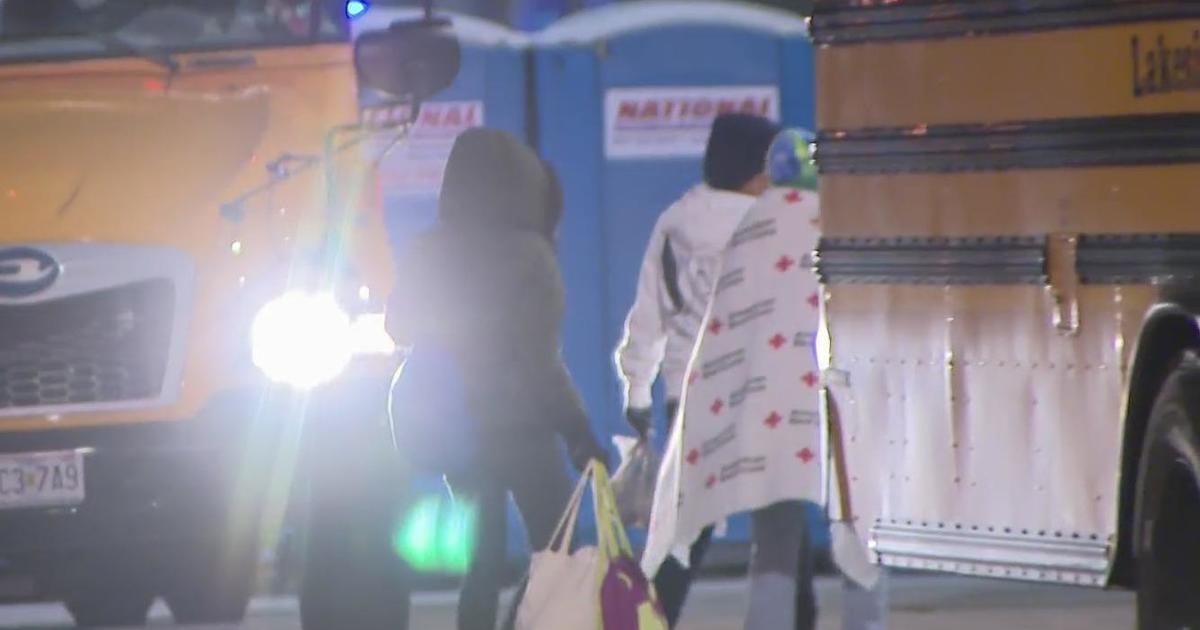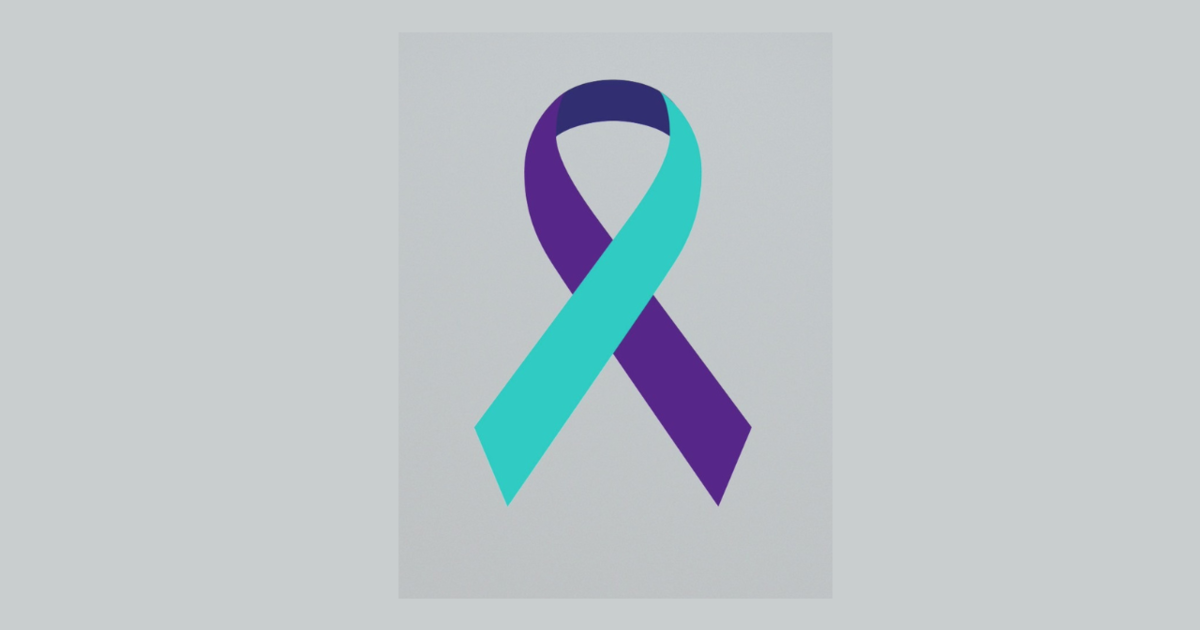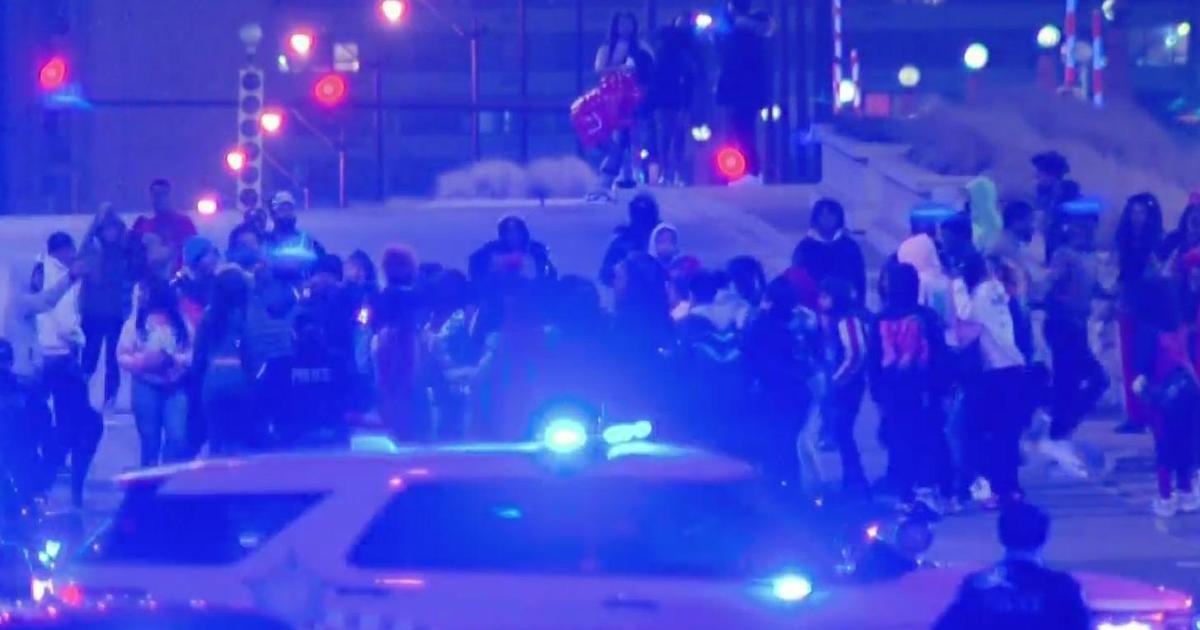Arizona, North Carolina Off Chicago's Travel Quarantine Order, South Dakota Now On The List
CHICAGO (CBS) -- South Dakota is the latest state to be put on Chicago's travel quarantine list, according to the city's department of health.
Arizona and North Carolina are now off the list and Kansas could be removed as early as next week if numbers in that state continue to go down.
Earlier this month, Puerto Rico joined the quarantine list which now includes Alabama, Arkansas, California, Florida, Georgia, Idaho, Iowa, Kansas, Louisiana, Mississippi, Missouri, Nebraska, Nevada, North Dakota, Oklahoma, South Carolina, South Dakota, Tennessee, Texas, Utah, and Wisconsin. The requirement that people arriving in Chicago from Puerto Rico self-quarantine for 14 days goes into effect on Friday.
Chicago's quarantine mandate requires anyone arriving in the city from states considered to be COVID-19 hot spots to self-isolate for a minimum of 14 days when they arrive in the city, including visitors to Chicago, and residents who are returning from travel to one of the states. The list of states included in the order is updated weekly to include states with more than 15 new COVID-19 cases per 100,000 resident population per day, over a 7-day rolling average.
Doctor Allison Arwady, Commissioner of the Chicago Department of Public Health, said despite the warnings given to other regions in Illinois, there are no travel restrictions for the state.
"Our focus will remain on education and awareness, but certainly this is concerning where we continue to see increases of COVID cases here in Chicago and across, Illinois," Arwady said. "We do want to highlight that if people are traveling within Illinois. It's important that you pay special attention to the things that we already know work, wearing the mask extra hand washing and sanitizing maintaining the social distancing. And if there's not need to travel the recommendation would be not to travel. Finally as a reminder, if anyone is ill, it is the law, that you stay home, not go out, and especially not travel."
Arwady said she is concerned that the seven-day average is concerning. On average, there are 341 new COVID-19 cases every day in Chicago. She said she wants that number to go back down to under 200 cases per day.
"We are disproportionately seeing cases in northwest Chicago and in southwest Chicago. We also continue to see a lot of cases among Latinx Chicagoans. Nearly half of our new cases at this point are among people who report that they are Latinx in ethnicity," Arwady said."But I want to be very clear that we continue to see cases coming out of every zip code in Chicago."
She said the testing number is also up, with more than 8,000 coronavirus tests done daily. Arwady said that in terms of spread, family gatherings continue to be a source where COVID is detected."
"We hear stories about a 17-year-old and a grandfather who both attended an out-of-state wedding, where there were 90 to 100 people. Some mask wearing, but not consistently, and significant spread within that wedding. We continue to hear about birthday parties and funerals. We hear about people playing basketball together in the pool or soccer together in the park. We hear about spread between boyfriends and girlfriends. We hear about family barbecues in the backyard. These are not the kinds of stories that typically make headlines, but they are very overwhelmingly how we are seeing COVID spread in Chicago," Arwady said.
Arwady said the news that UIC is developing a COVID-19 vaccine and phase three is underway is nothing less than positive. But it will be a while before the general public will have access to a vaccine.
"I remain optimistic that we will have a vaccine likely approved I would guess, very near the end of this year versus the beginning of 2021. I do expect that it will take a year probably for that to roll out entirely across Chicago," Arwady said, who added that she will be at the front of the line when it's made available. "But the fact that we're talking seriously about a vaccine, with all of the safety precautions in place, and the important testing is going on now so that we'll have full confidence in a vaccine that's available, is really important."
She insisted that since the numbers are not going down in the area, that COVID-19 is still spreading and people cannot take a break from coronavirus precautions.
"We need people to really have their guard up, to be wearing the face covering, keeping the social distance, not getting together unnecessarily. Not having larger gatherings, because right now we are concerned. And even more concerned than we have been about the state of COVID in Illinois," Arwady said.
"If you still think COVID is a hoax, if you still think COVID can't affect your family. I would ask you to put yourself in the shoes of the people who are working so hard every day at the Chicago Department of Public Health, calling and hearing these stories. We want to be able to turn this around to see our cases head back down."






